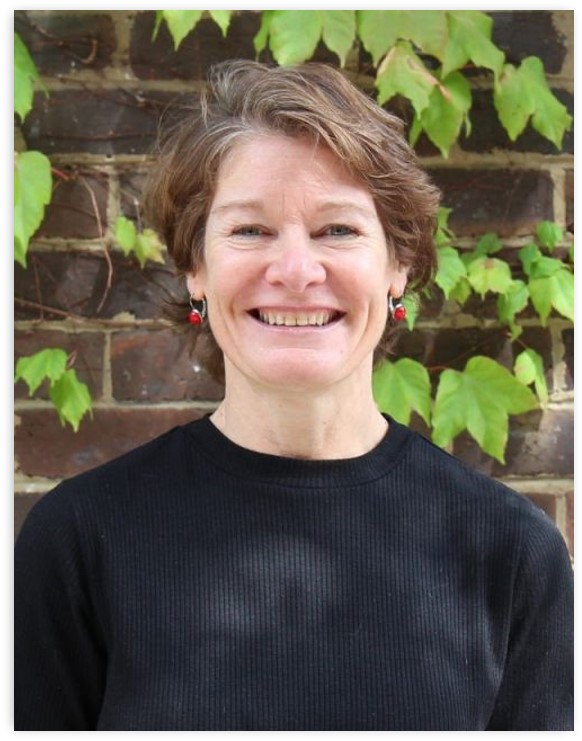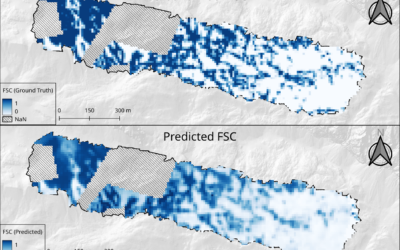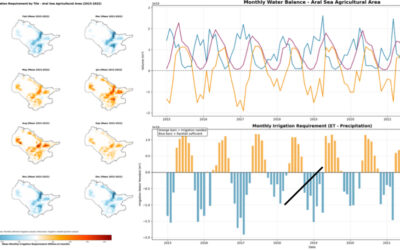The Geolingual Studies Team cordially invites you to the talk “#staystrongmelbs: Online Humour and Community Caused by an Earthquake”, delivered by Prof. Kerry Mullan from the Royal Melbourne Institute of Technology (RMIT). The talk will take place on September 20th at 10:00, in room 00.002 of the ZPD (Zentrum für Philologie und Digitalität), located at Emil-Hilb-Weg 23 (very close to the Mensateria). See the abstract below:
It is well known that humour is a common way for people to process and deal with tragic events such as genocide, war, pandemics, and sites of occupation and/or political oppression (e.g., Browning & Brassett 2023; Cheurfa 2019; Cottingham & Rose 2023; Fluri 2019; Lionis 2021; Üngör & Verkerke 2015). Political controversies, natural disasters, and other crises often lead to the rapid proliferation of creative and amusing memes as a digital response mechanism (Dynel 2024), creating a sense of community and levity (Aslan 2020) and an outlet for anxiety and frustration. While it turned out to be relatively minor, the earthquake which shook Melbourne in September 2021 (during the city’s sixth Covid lockdown) prompted an outpouring of humorous tweets and memes on Australian social media. No sooner had houses stopped shaking than the humour began – and it came fast and furious for the next 48 hours, not all of it connected to the earthquake. Other topics in the firing line that week were the anti-lockdown protests in Melbourne and the AUKUS submarine deal.
In this presentation Kerry will show the analysis of a selection of tweets, memes and media articles (received from her own contacts over the period of one week from 22nd September 2021), focusing on three linguistic elements of humour: intertextuality, wordplay, and incongruity. It will be shown how the humour in these examples was not just performing as a coping mechanism for the earthquake, but also as a creative way of engaging with current political issues.
Bionote:
Kerry Mullan is Chair of the Board of the Australasian Humour Studies Network (AHSN). She is also Convenor of Languages at RMIT University in Melbourne, Australia, where she has been teaching French language and culture and applied linguistics for twenty years. Her main research interests are intercultural communication, particularly intercultural pragmatics. She also researches in the areas of language teaching, linguistic and semiotic landscapes, and humour in French and Australian social interactions, and has published widely in these fields. In 2016, Kerry was awarded Chevalier des Palmes Académiques by the French government for her contribution to French language and culture.









